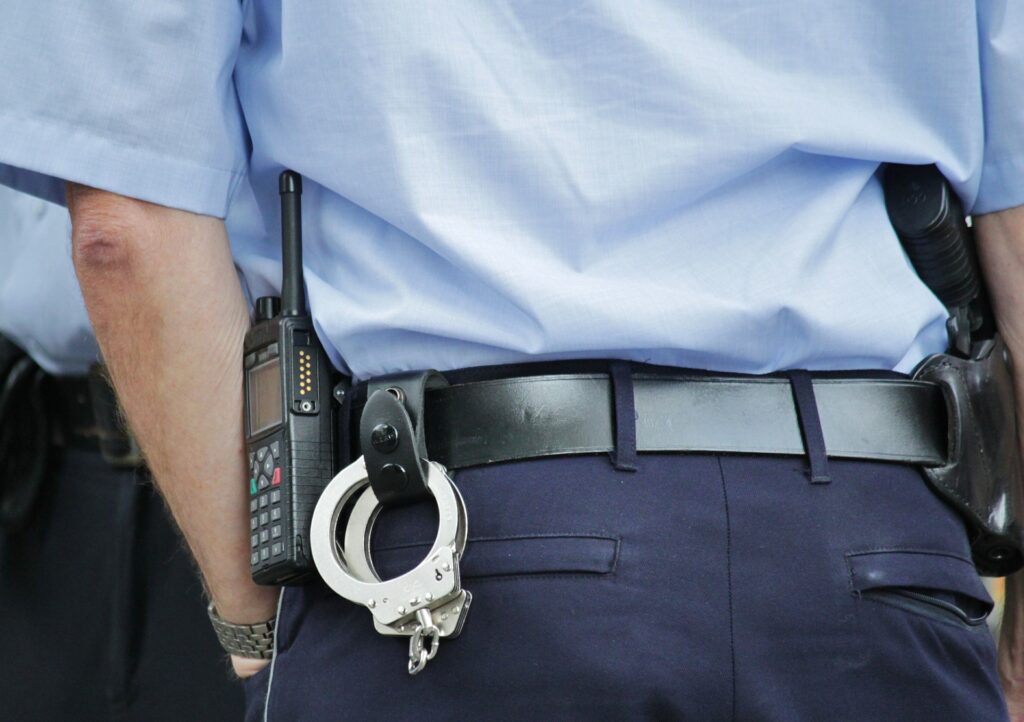What are grounds of appeal?
There is no comprehensive list of every possible ground of appeal as many are case specific. There are some grounds of appeal that arise frequently in criminal appeals that are discussed here.

Unreasonable Verdict
The most basic ground of appeal from a conviction is that the verdict was unreasonable based on the evidence at trial. A right of appeal on this basis is available to an offender by section 686(1)(a)(i) of the Criminal Code. However, the Crown Prosecutor has no corresponding right to appeal an acquittal on the basis that it is unreasonable.
An unreasonable verdict argument is often difficult to advance successfully. The standard is “whether the verdict is one that a properly instructed jury acting judicially, could reasonably have rendered.”
When a trial judge makes errors that cause him or her to arrive at an unreasonable verdict, these errors often give rise to stand-alone grounds of appeal. Often, appellate counsel will advance the grounds under the umbrella of an unreasonable verdict.
The Supreme Court of Canada held that a verdict may be unreasonable even where it is potentially supported by the evidence if a trial judge’s reasons show that he or she took an illogical or irrational route to convicting the accused.
Misapprehensions of Evidence
On a judge-alone trial, an appeal on the misapprehension of evidence refers certain errors made by the trial judge:
- A failure to consider evidence relevant to a material issue;
- A mistake as to the substance of the evidence; or
- A failure to give proper effect to the evidence.
Not every misapprehension of evidence will result in a reversible error. The error must result in an unreasonable verdict, an incurable error in law or a miscarriage of justice. The reversible error must:
- Go to the substance of the case and cannot simply be a detail;
- It must be material and not peripheral to the reasoning of the case;
- The error must play an essential part in the reasoning process and not simply narrative.
Appellate courts are often reluctant to interfere with a trial judges findings of fact because the trial judge was in the unique position to see and hear the witnesses testify whereas the appellate court must rely on a paper transcript. The standard for overturning a finding of fact or credibility on appeal requires showing that the trial judge made a palpable or overriding error.
Failure to give meaningful reasons
When a trial judge’s reasons for judgment fail to meaningfully explain the basis for his or her verdict, the insufficiency of the reasons provides a basis for appeal. Even in very lengthy decisions, the failure to address a crucial factual or legal finding may lead to an appellate court ordering a new trial. While a trial judge need not discuss all of the evidence, they must explain how or why they accepted or rejected crucial evidence.
Hire an Experienced Appellate Lawyer
If you or someone you know has been convicted of a criminal offence and are looking to appeal the conviction or sentence, you need a lawyer with significant appellate experience. Call Cory Wilson today for a free, no obligation consultation. It is import that you act quickly because there is a 30-day window from the time of sentencing to file your Notice of Appeal.
